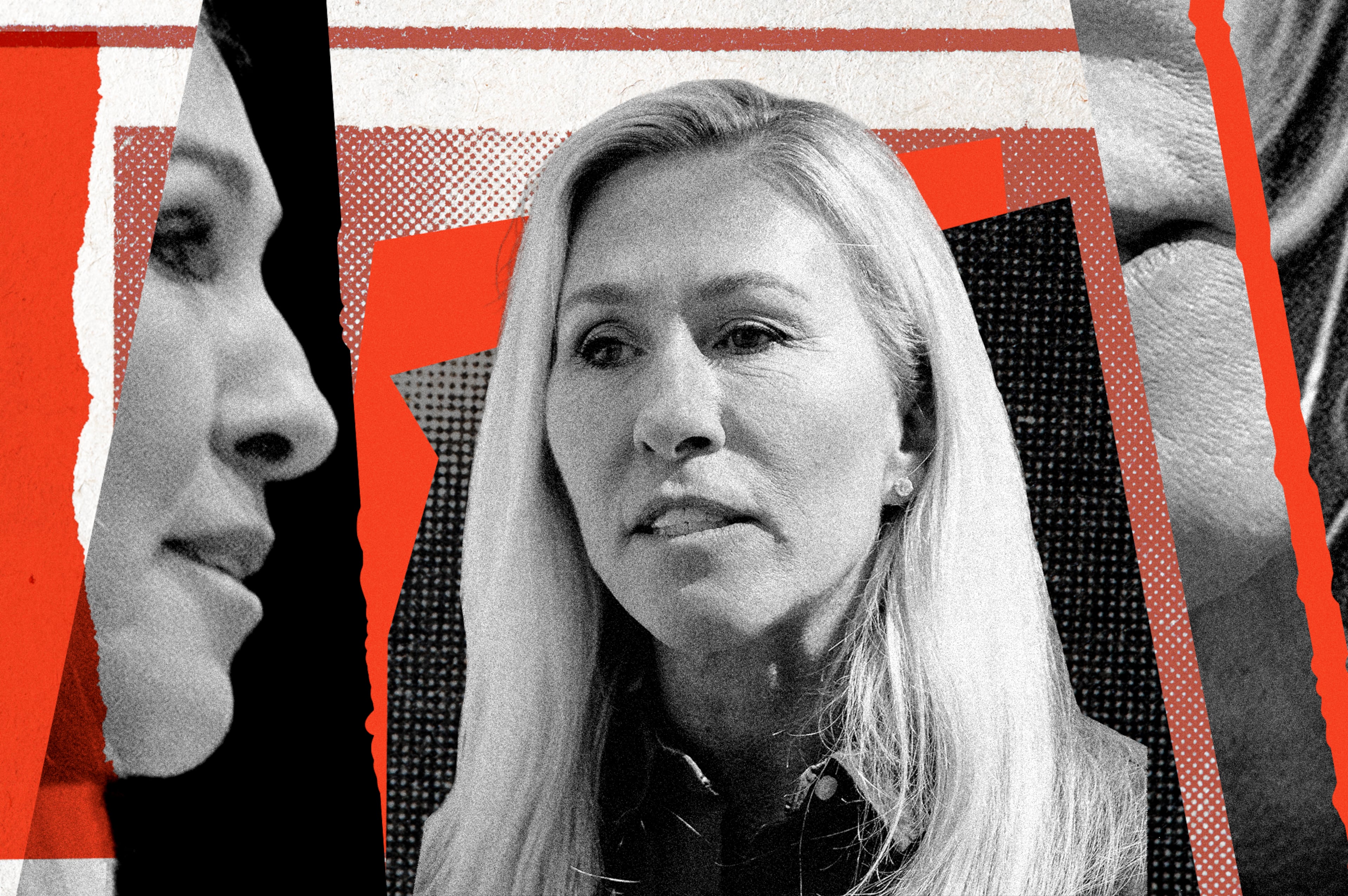Clayton NAACP to install new president, officers
While visiting family out of town recently, Morrow resident C. Synamon Baldwin got a phone call from someone urging her to run for president of Clayton County's NAACP. She declined at first, but she quickly reconsidered after her 11-year-old grandson chastised her for turning down the opportunity.
Baldwin and five others will be installed Saturday as the new officers of the Clayton County branch of the NAACP. The public event will begin at 1:30 p.m. at Emmanuel Baptist Church, 230 Ga. 138 in Riverdale. Other officers to be installed are: Leon Booker, first vice president; Dallas Wilson, second vice president; William Foster, third vice president; Ruth Ash, secretary, and Ivan Baldwin (who is not related to Synamon Baldwin), treasurer.
"I've been a member of the NAACP since I was 8 years old," Baldwin said. "Community involvement and civic engagement is in my blood. It's what I know."
She has spent the last decade working for the civil rights organization in various regional and national capacities, but now she plans to spend time getting acquainted with the local branch and its needs.
Baldwin spoke with the AJC this week about her visions for the organization and concerns for the community.
Q. What will be your top priority as NAACP president?
A. Education. Education. Education. It 's the civil rights issue that has had the most devastating impact on our community. I'm horrified to know that here in Clayton County only 37 percent of our boys graduated from high school in 2008 (according to The 2010 Schott Foundation for Public Education 50 State Report on Public Education and Black Males released last year) and I doubt very seriously if that number has gone up. In any other community, people would be beating down the doors of the schools. That's not acceptable. We have to look at examples of who is doing it right. One of the great examples is Carver High School in Atlanta. In 2005, they had a 36 percent graduation rate. That rate exceeded 75 percent in 2010. I'm deeply troubled by the loss of our accreditation and the emergence of sheriff substations on our public school campuses. Stop modeling schools after prisons.
Q. How do you plan to tackle the problem in Clayton?
A. First, people need to know about the situation. Once we educate ourselves, then we can come up with solutions. We must educate our young people or we are doomed to suffer the consequences of our short-sightedness and quest for quick fixes. Education changes everything -- people, families, communities, the nation and, ultimately, the world.
Q. How active have you been in the local NAACP?
A. I've not been active in the Clayton NAACP. I don't know how many members are in the local Clayton branch. I can't give you the number. But it's a new beginning in focusing people on the organization.

